Interview with Ambassador Asif Durrani on Afghanistan under the Taliban
Asif Durrani is a former ambassador of Pakistan to Iran and United Arab Emirates, who also served in Afghanistan as Deputy Chief of Mission. Currently, he is working as a senior research fellow at Islamabad Policy Research Institute (IPRI). What follows is a transcript of an interview conducted by Press TV’s website with Ambassador Durrani.
Press TV: The Taliban have managed to take over Afghanistan not once but twice. In their first government, established in 1996, a mere three foreign governments recognized them. This time around, international recognition is subject to guesswork of course, since their government is basically an entity in progress. How do you think they will move forward as far as relations with other countries are concerned? Some countries have designated them “a terrorist organization;” what options do you think they have to try to change those perceptions of them?
Amb. Durrani: The significant difference is that the American-led coalition left Afghanistan after an agreement with the Taliban. It implies that the Americans recognized the Taliban as a stakeholder and accepted the Taliban’s assurances that Afghan soil would not be allowed to be used by the AQ/Daesh terrorists against the US and its allies.
Another difference you can notice is that unlike the Taliban’s first government (1996-2001), only three governments (KSA, UAE, and Pakistan) had recognized the Taliban regime. This time all the immediate neighbors of Afghanistan (Iran, China, Russia, Pakistan, Turkmenistan, Uzbekistan and Tajikistan) were on the same page about the pullout of the American troops from Afghanistan. Earlier, Iran, Russia, and India supported the erstwhile Northern Alliance while Pakistan supported the Taliban. It created tensions in the region then. However, the situation has changed now. It could be said that the immediate neighbors of Afghanistan may consider recognizing the Taliban regime if the latter is flexible enough towards an inclusive government by according adequate representation to all the ethnic and religious groups.
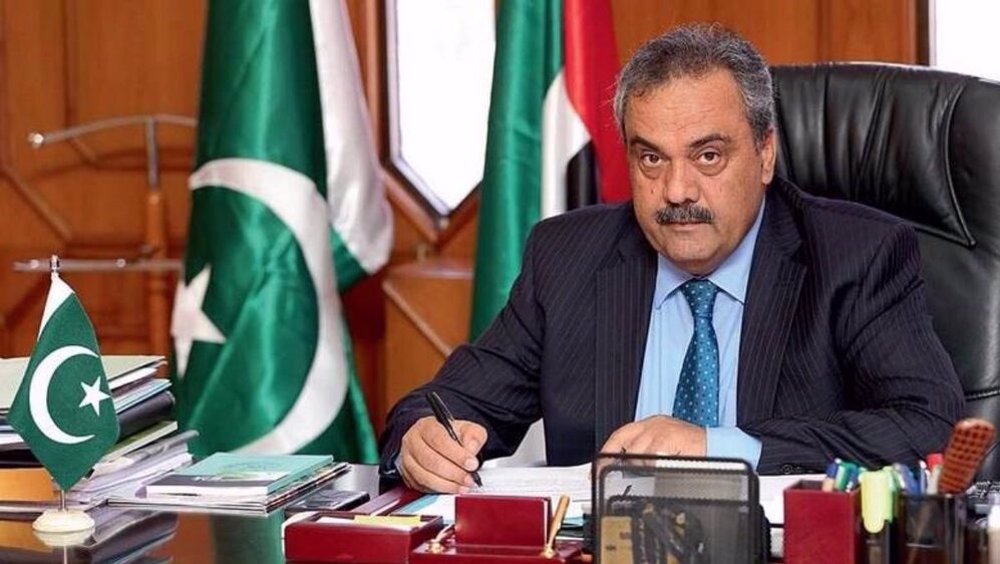
Press TV: Let’s move to the Taliban’s relations with the United States. The US toppled their previous government in 2001; they fought the country for two decades since then. What has changed their will to cooperate with America, as opposed to fight it, given the history and the many animosities? Is this a rational, strategic calculation that the Taliban need to stop fighting a superpower, which practically controls global trade, and which to this day does not recognize their government? Or the agreement with the US was just a means to end the war and have the American military leave, notwithstanding what would come next?
Amb. Durrani: The Taliban fought the Americans to regain control as they thought they were the legitimate government when the Americans toppled them. It was, undoubtedly, a long struggle; in fact, it was the longest war of American history and the longest war of Afghan history. Prima facie, the American withdrawal was affected in an amicable environment. Since the signing of the agreement between the Taliban and the US on 29th February last year, not a single American or NATO soldier was killed. However, the Taliban will be facing the challenge of recognition at the international level. Already the US has made human rights, including women's rights, conditional for the recognition of the Taliban regime.
Press TV: And Pakistan. What is the status of Pakistan with the Taliban? Did the Pakistani government in any way try to influence the formation of their government?
Amb. Durrani: I don’t think Pakistan was ever in a position or had the inclination to influence the formation of the Taliban government. If others, with massive resources, could not control the Afghans, how could Pakistan affect fiercely independent people?
Press TV: Let’s get to domestic policy. First and foremost — and I think this is the biggest question now — how do the Taliban plan to enforce governance? Do they or do they not have absolute control over their fighters across the country? And how can they switch from militancy to governance? Mr. Zabihullah Mujahid said in August that women had better stay home because rank-and-file Taliban fighters are not trained on how to treat women. Going forward, do you think the Taliban will actually get down to training fighters on such a social matter?
Amb. Durrani: I think there is a marked difference in the make-up and behavior of the Taliban in 2021 from the one we knew during their first government. If you see today’s Kabul, the people have an everyday life. Educational institutions are open, although the Taliban have enforced separate seating arrangements for male and female students. However, it is an improvement compared to the last tenure of the Taliban when they were totally against women’s education, especially in colleges and universities. Hopefully, the Taliban would stay the course and improve further as they consolidate their hold over the levers of power.
Press TV: Will the Taliban want to or be able to contain terrorist groups inside of Afghanistan? We know ISIL already struck at the Kabul airport, with massive casualties. Will the Taliban be able to prevent another such attack?
Amb. Durrani: It depends on how quickly the Taliban control the situation in the country, establish good governance and overcome economic difficulties. The US has frozen $ 9.5 billion of the Afghan Central Bank; the Taliban regime is unable to pay the salaries of the government servants, three fourth of which comprise teachers and health workers. It is intriguing how Ashraf Ghani left the power with empty coffers. One wonders how his government was run a day before the Taliban’s capture of Kabul.
VIDEO | Press TV's news headlines
VIDEO | 100+ days of ceasefire: Israeli killing of Palestinians continue amid Intl. silence and impunity
VIDEO | EU split over new Iran sanctions amid claims of double standards
VIDEO | Gaza’s silent plague: Mysterious virus claims lives amidst total medical collapse
VIDEO | Growing transatlantic rift
VIDEO | Trump's Iran blunders
Senior cmdr. strongly warns Trump following rhetorical remarks concerning Leader
EU Parliament halts US trade deal after Trump tariff threat


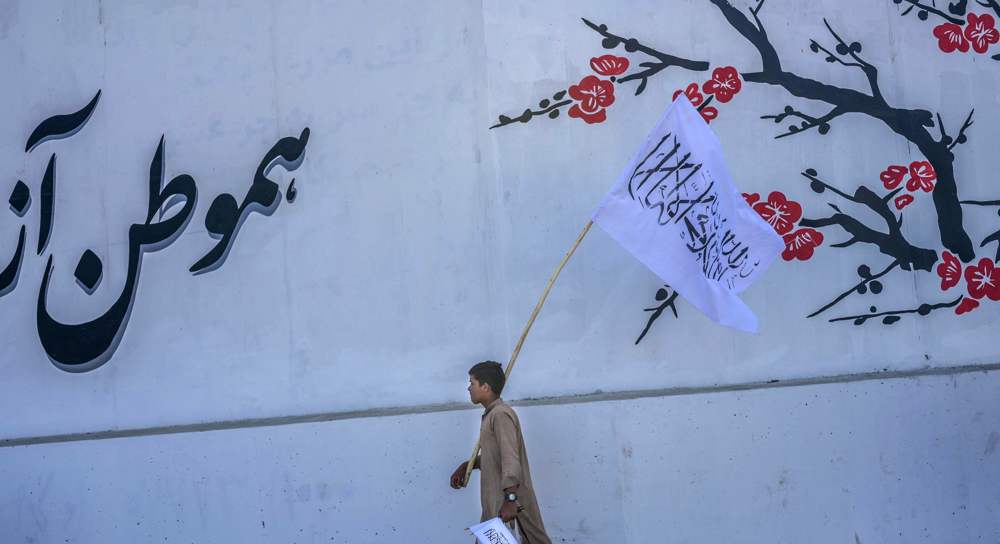
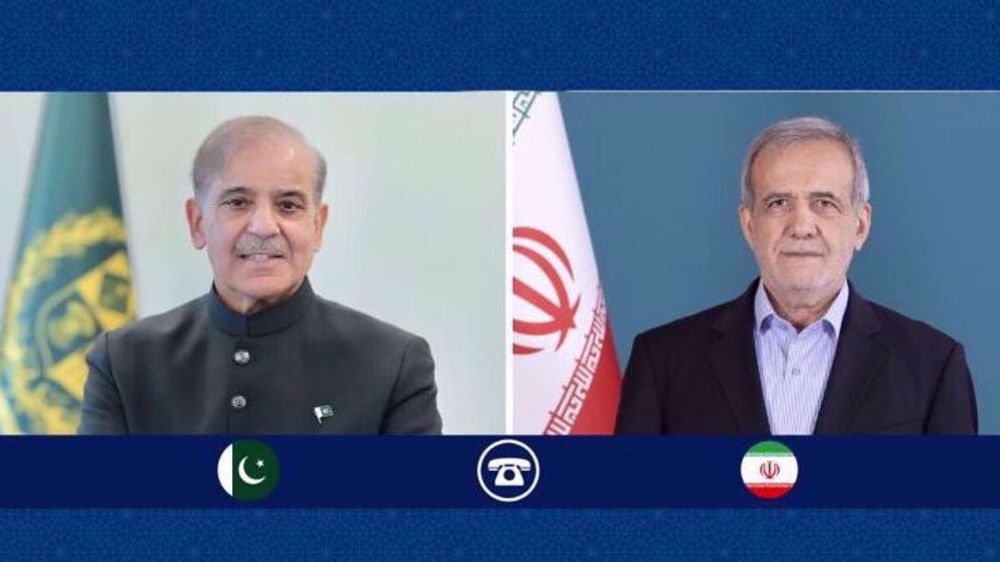
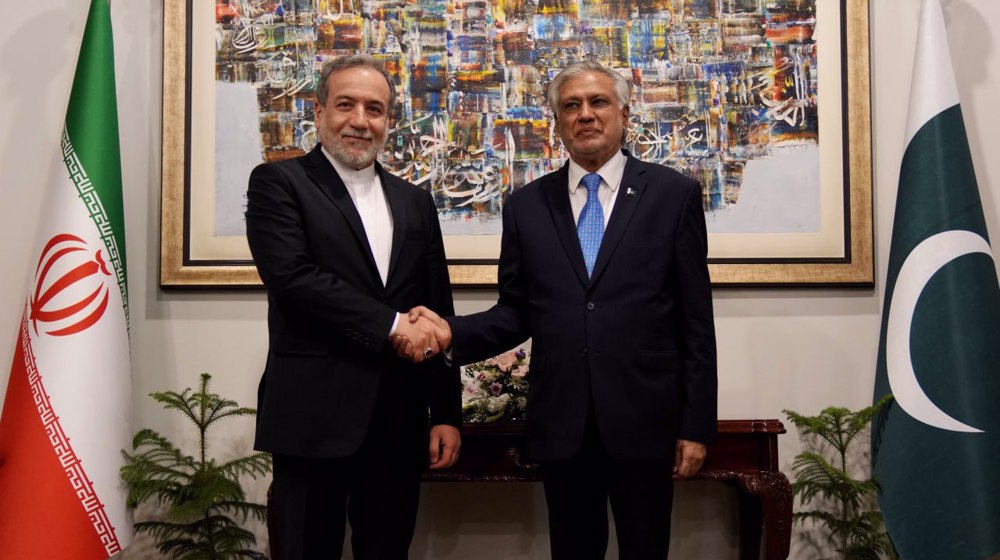
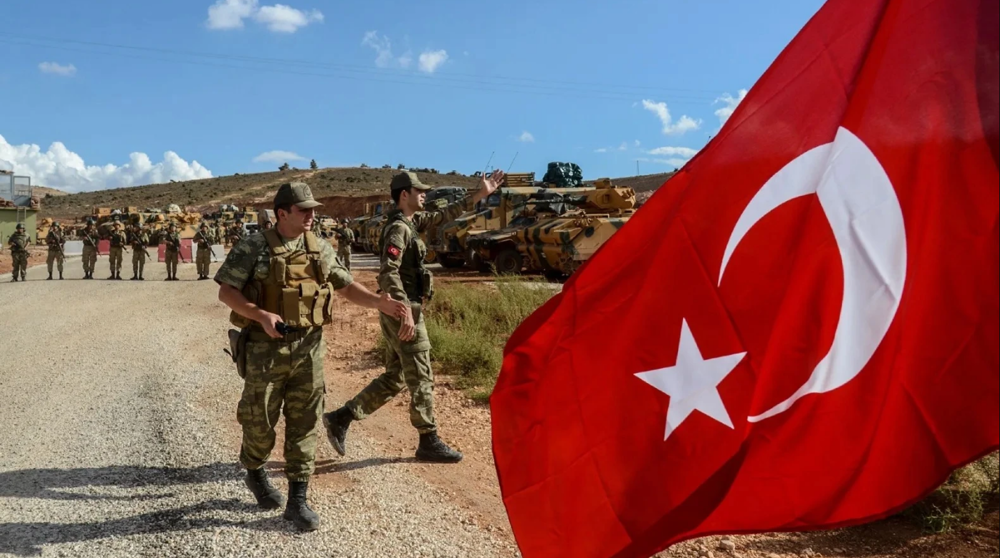




 This makes it easy to access the Press TV website
This makes it easy to access the Press TV website